EV Guru: Sodium-Ion Batteries are Coming Sooner Than You think!
Plug In India
SEPTEMBER 7, 2022
Video: EV Guru: Sodium-Ion Batteries are Coming Sooner Than You think! The mining industry cannot keep up with the demand, so the alternative is to manufacture batteries based on sodium chemistry. The big issue with sodium-ion batteries is that they can store only about two-thirds of the energy of Li-ion batteries of equivalent size.

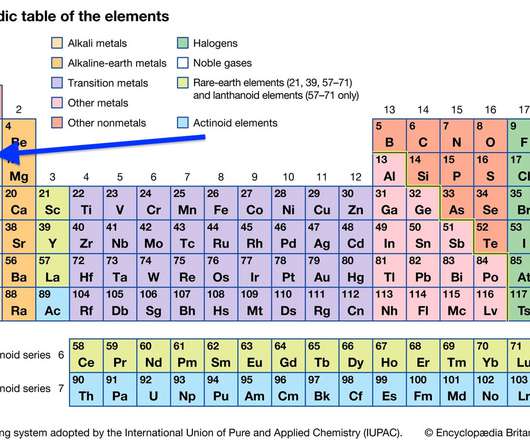

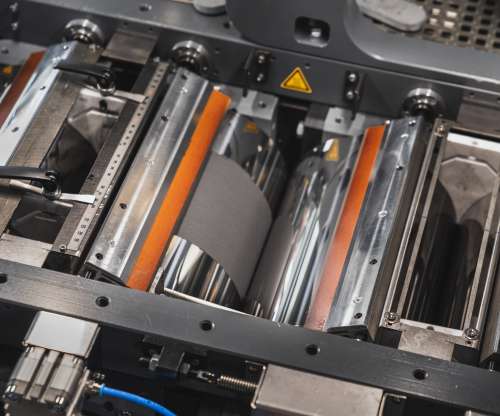

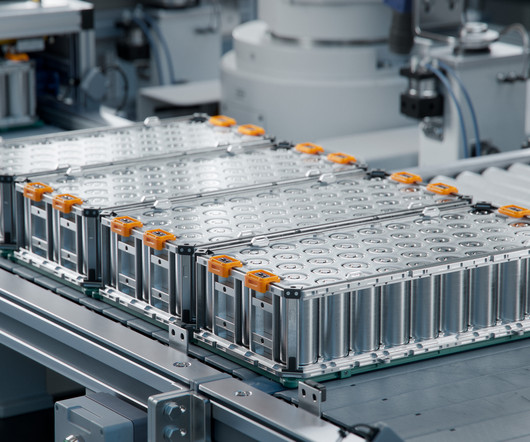


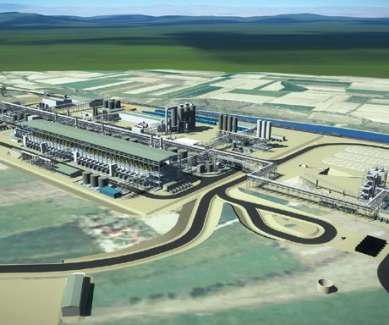


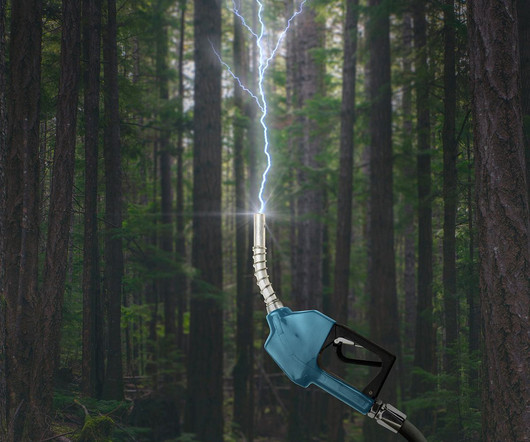







Let's personalize your content